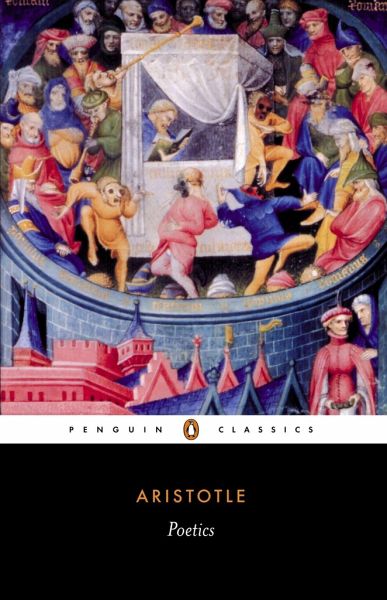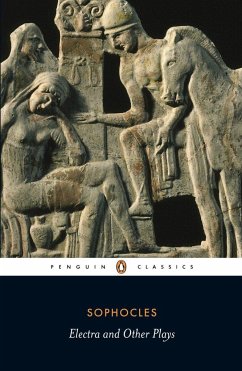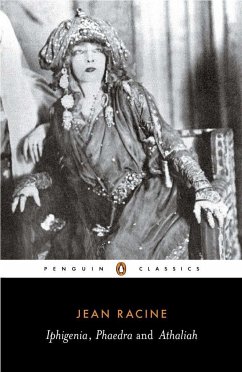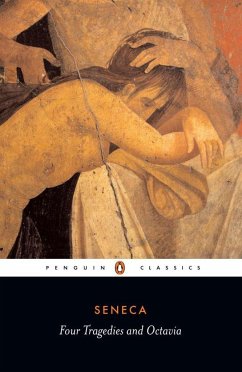
Poetics

PAYBACK Punkte
8 °P sammeln!
An account of Greek tragedy, it demonstrates how the elements of plot, character and spectacle combine to produce 'pity and fear' - and why we derive pleasure from this painful process. It introduces the crucial concepts of mimesis ('imitation'), hamartia ('error') and katharsis, which have informed serious thinking about drama ever since.
Suitable for all students of Greek theatre and literature, this book examines the dramatic elements of plot, character, language and spectacle that combine to produce pity and fear in the audience, and asks why we derive pleasure from this apparently painful process.













